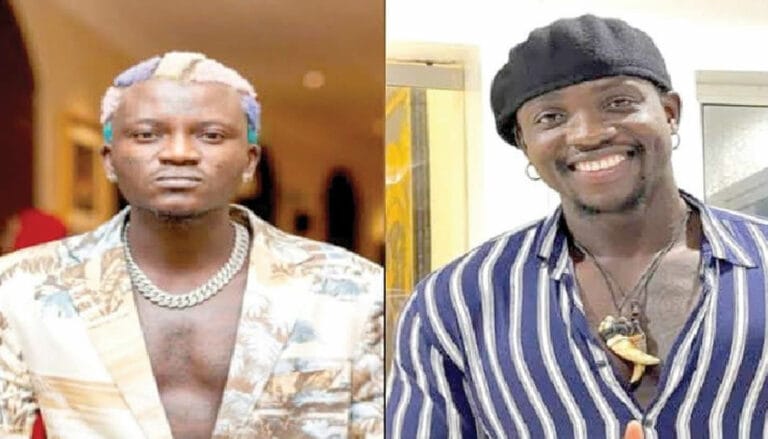A virus many of us catch as children — the one behind cold sores — might be more dangerous than we thought. Scientists now believe that the herpes simplex virus type 1 (HSV-1) could play a major role in developing Alzheimer’s disease.
Over three decades of research by Professor Ruth Itzhaki and her team have found HSV-1 in the brains of older adults, especially those with a genetic risk factor (APOE-e4 gene). Their studies show that once the virus reactivates later in life — when the immune system is weaker — it can damage brain cells and spark the same harmful plaques seen in Alzheimer’s patients.
Even more striking, antiviral drugs and vaccines (like the shingles vaccine) appear to reduce dementia risk, giving hope for prevention or early treatment.
What this means: A virus hiding quietly in your body for years could silently contribute to memory loss and cognitive decline — but stopping it might be as simple as using antiviral medications or getting vaccinated.
The cold sore virus (HSV-1) may lie dormant for years before reactivating in the brain.
Reactivations may lead to inflammation and brain damage over time.
Genetic factors like the APOE-e4 gene increase risk.
Antivirals and vaccines could help prevent or delay Alzheimer’s.
This discovery is a game-changer in understanding Alzheimer’s — and offers real hope for future treatment strategies.
Written By Damilola Adeleke | May 2, 2025
Discover more from DnewsInfo
Subscribe to get the latest posts sent to your email.





